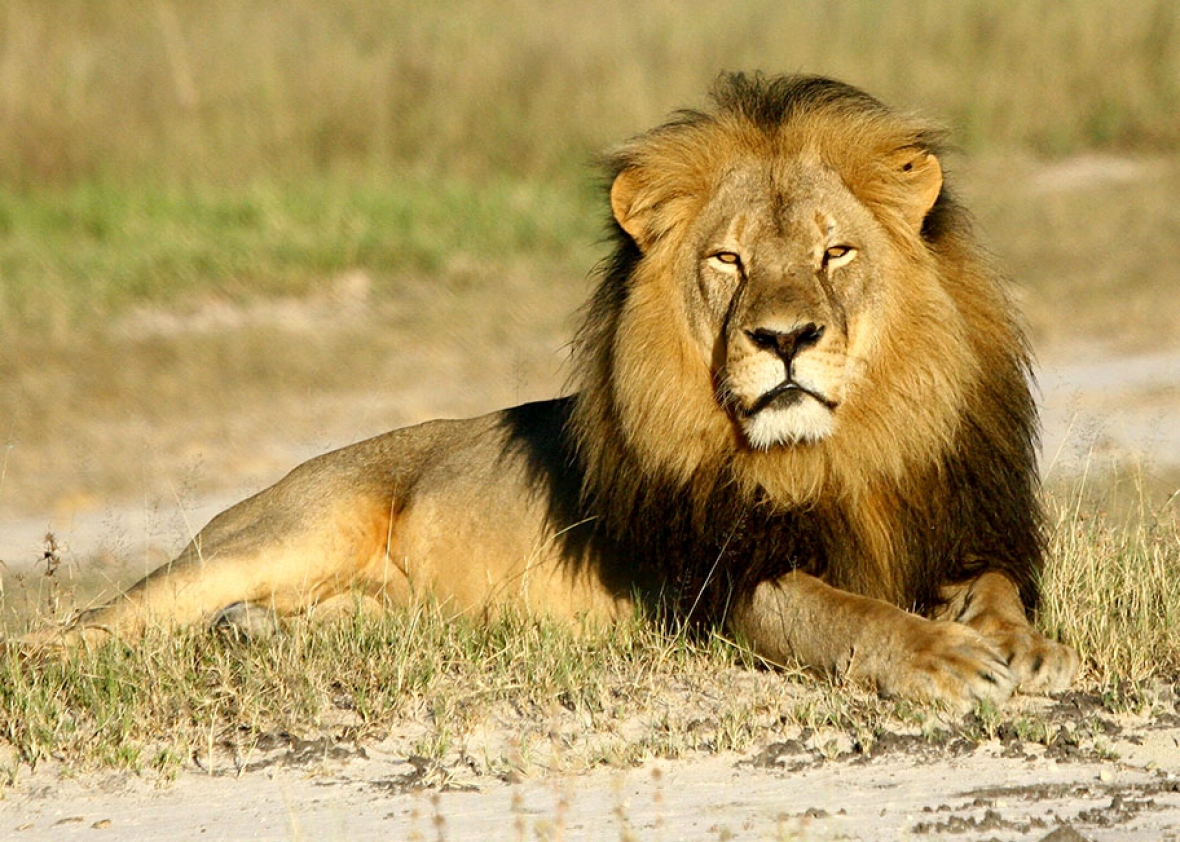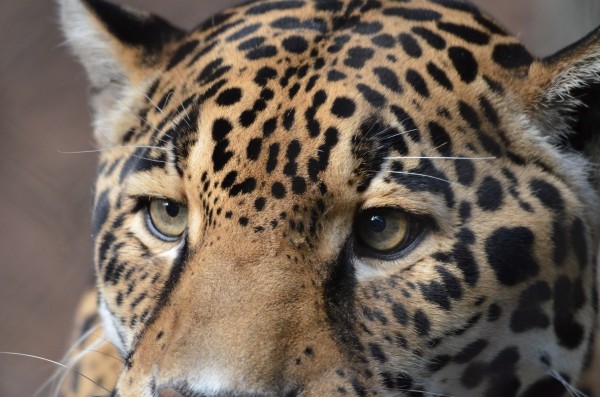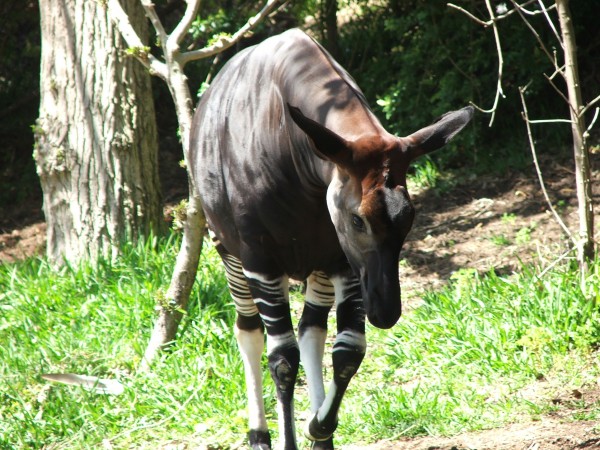2015 has seen a media frenzy centered on the African lion, mostly for the wrong reasons. Headlines condemning the illegal killing of a research lion, Cecil, started a global conversation on the lion hunting industry. A recent documentary, Blood Lions, solidified the fact that this type of exploitation is a contributing factor to the demise of this magnificent species. For years wildlife conservation groups have called for the increase in protection for the African lion to no avail.According to the International Union for Conservation of Nature (IUCN), there are only ~23,000 lions representing five subspecies still found in Africa. That …
What an Endangered Species listing in the US means for African Lions



